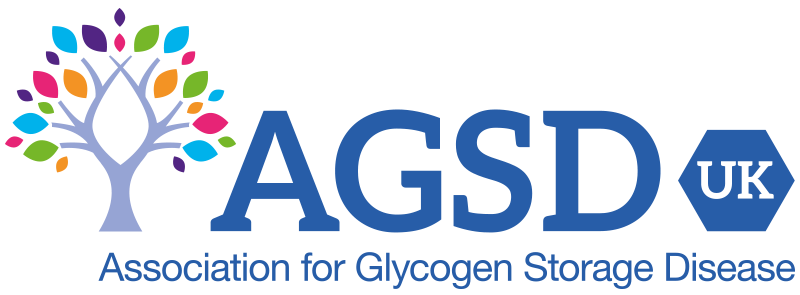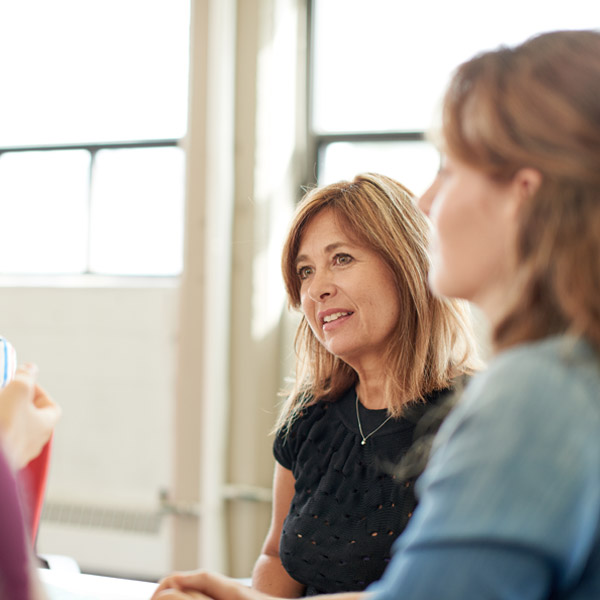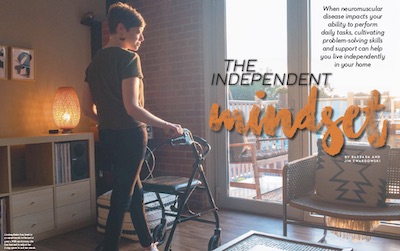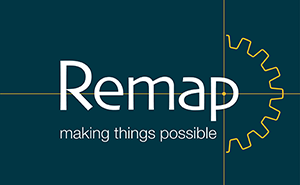After the diagnosis we are ready with a great deal of information, support, friendly contacts and signposting to other services where needed.
Patient advocacy and speaking up
If you have found your voice then let us know. Do you enjoy and feel confident with public speaking?
If so, there are likely to be opportunities for you to give talks to groups, professionals and others about living with Pompe disease.
Hearing the real story from someone who speaks with passion is the best way to make a message memorable. Many members of AGSD-UK have done this. Travel costs are usually paid, as well as overnight accommodation if needed. Occasionally this includes trips overseas to meetings and conferences.
Kevin Annesley is a member who wrote about his journey to Berlin joining a patient advocacy group. The meeting was organised by Sanofi-Genzyme and they also produced a summary.
Claiming state benefits
Anyone who has not had to claim a disability benefit is not likely to understand just how hard it can be. It is hard because of the sheer amount of paperwork, evidence and assessments that it takes. It is hard for another reason too – it means accepting and talking about how badly your condition is affecting you or your child.
Pompe disease progresses differently for everyone. Many people continue to work full time for years. Some prefer to take part-time work to conserve their energy. For yet others, at some stage, they decide they have to stop working.
AGSD-UK SCA can help signpost you to a local agency for a full benefits check. You can start here by using an online benefits checker to see whether you might qualify for any. It is best to seek a full benefits check locally to you from a qualified and trained advisor.
Our Care Advisor is very well placed to help you complete disability benefit claims. She has done these with many people and can help you find the right words, expressed in the right way for Department of Work and Pension purposes. She will also advise you on obtaining crucial supporting evidence letters to submit with your claim.
For advice about in-work benefits the SCA can help signpost you locally for expert help completing forms and also supply a supporting evidence letter to explain more about Pompe.
- Carers Allowance
- Disability Living Allowance
- Personal Independence Payment
Independent mindset
An independent mindset is extremely valuable in coping with late-onset Pompe. This article from Quest, magazine of the American Muscular Dystrophy Association (2019), explains how some people have adapted.
Aiding independence and mobility
Pompe disease is going to impair mobility and walking to some degree. Physiotherapy and ERT can slow down deterioration but organising physical aids, equipment and your daily environment helps maintain strength, avoid accidents and save your energy for the important things you really want to do.
Occupational Therapy provides a trained person to visit your home and assess you. The assessment is individual, tailored to you and your needs. It is also includes the other people living with you, your hobbies, your work and your preferences.
Families living with a child with Infantile-onset are likely to have extensive involvement from an Occupational Therapist, possibly providing home adaptations before leaving hospital.
Occupational Therapy services often have long waiting lists, so phone your local authority as soon as you think you need an assessment. After the assessment you will get a report and recommend aids and equipment will be provided. Aids for children are much more specialised. The most common aids given to teenagers and adults include; a perching stool, sloping desk for ease of writing, riser recliner chair, profiling bed, walking stick or frame.
There are some common, low-cost handy aids available which adults affected by GSD2 find useful.

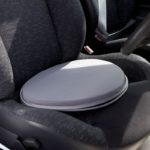
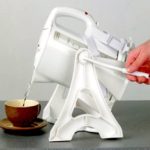
A car gripper, a car turning seat and a universal kettle tipper.
Remap is a charity that gives advice about aids and equipment, sometimes offering individually designed items.
One AGSD-UK member received great help from them after she had a baby. Remap provided a cot with a higher than normal base and an adapted side to help her lift her baby out.
More help with mobility
Wheelchair services for adults require a referral from your GP or medical team. Children will be referred for specialist assessment and require regular review because they are growing. The Highly Specialised Paediatric Medical Centre physiotherapist is likely to make this referral.
Which UK have produced an excellent guide to help you get the best solution for your needs if you are over 18.

Motability and Adapted Vehicles
Continuing to drive for as long as possible maintains independence.
People who get higher rate Personal Independence Payment, Armed Forces Independence Payment or higher rate Disability Living Allowance will automatically be given information about how to apply for an adapted vehicle from using the Motability scheme.
An added advantage of having a Motability vehicle is that you may claim tax back on vehicle adaptations and some repairs.
Welcoming Family and Friends
All AGSD-UK events and conferences are open to family and friends. A crèche is provided at the Main Event and is well used and liked.
Almost all members, staff and volunteers either have a GSD or family with a GSD. So family is a part of everything we do and sometimes, we also become part of the family.
Carers inside and outside the family, paid or unpaid, can get information and advice about living with GSD2.
Living with Pompe means living with a whole network of people who know about Pompe. Likewise, just because someone has Pompe does not mean they, and other family or friends, do not have other conditions or concerns of their own.

Planning for emergencies – using a Medic Alert and Message in a Bottle
Children with infantile-onset Pompe disease are usually with a parent or trained carer all of the time. As they grow they become more independent and at this stage might need to consider planning for an emergency.
Those affected by late-onset Pompe disease have reported difficulties when faced with an unplanned hospital admission, perhaps after a fall or other accident.
It is extremely important that paramedics and emergency medical staff are made aware of GSD2. It is going to influence what medical care should and should not be given.
Medical alert bracelets and necklaces offer a well recognised method for letting others know. IMAGE. These are available from many websites and are not expensive.
![]() Visit the MedicAlert UK website.
Visit the MedicAlert UK website.
AGSD-UK can give a risk alert card to you, request one by contacting us.
